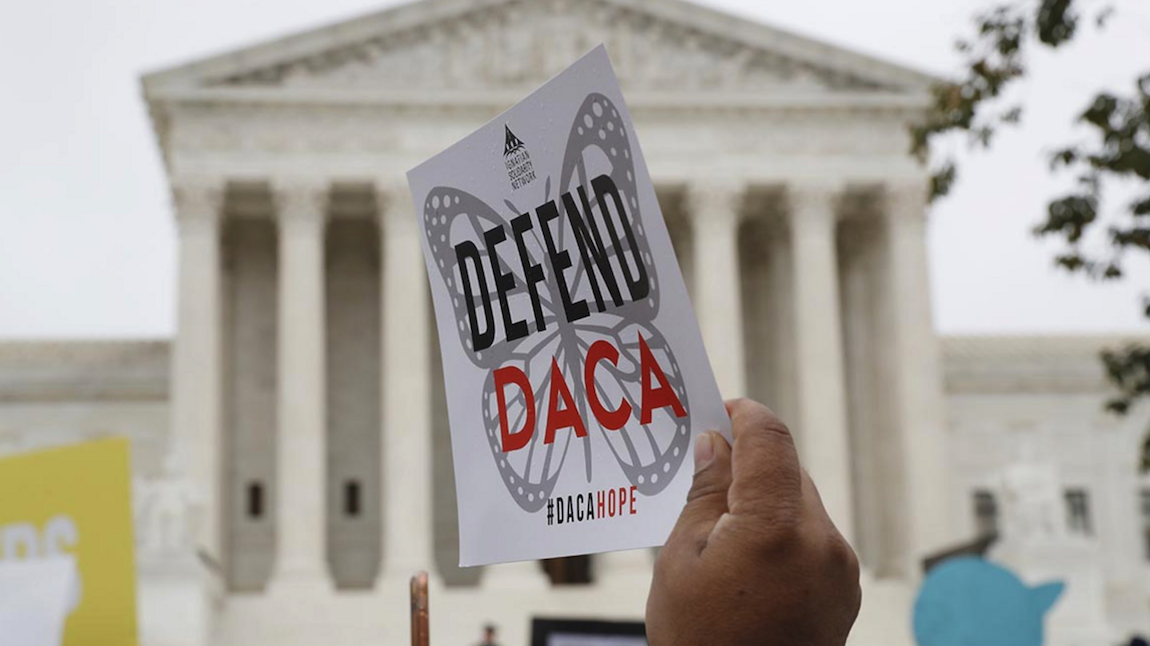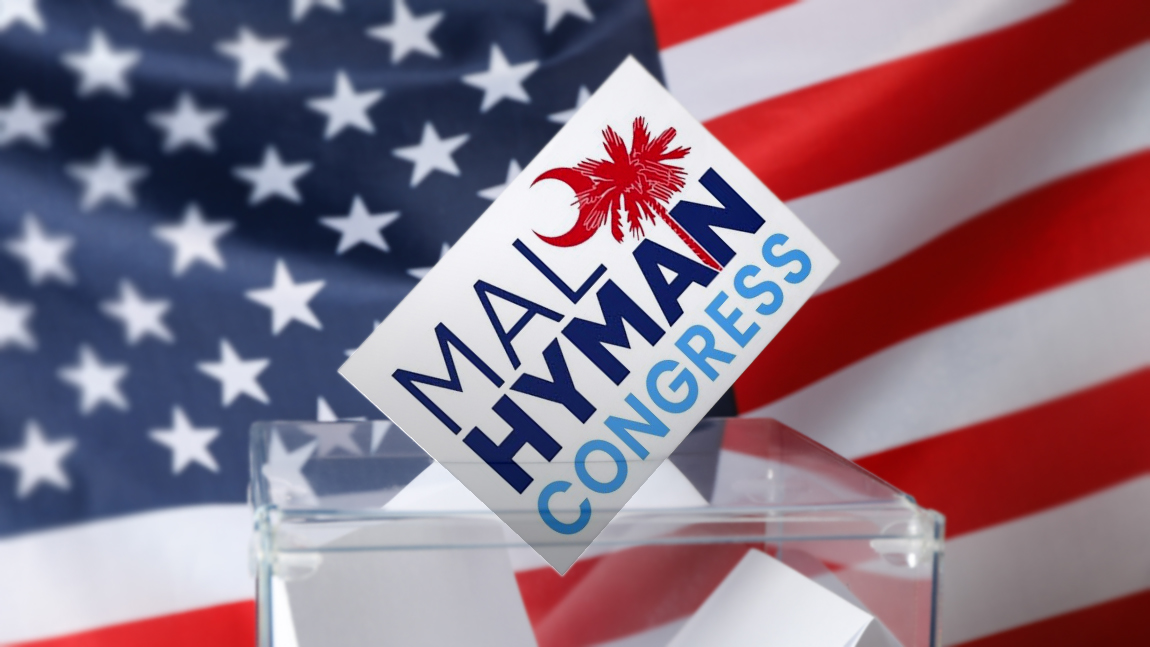By Bob Gatty
The U.S. Supreme Court, on June 18, rejected the Trump administrations effort to scuttle the Obama administration program designed to protect from deportation the children of illegal immigrants who were brought to America when they were kids.
In its ruling, welcomed by nearly 650,000 young immigrants across the nation, the court said Trump’s order ending the “dreamers” program was “arbitrary and capricious” and failed to take into consideration many key elements required by the Administrative Procedure Act.
“This decision means freedom for us,” said Carlos Loredo, a young dreamer who was brought by family to the U.S. when he was nine. For some 20 years, he has made a life in Myrtle Beach and now manages a thriving restaurant at Broadway at the Beach.
“We were expecting the worst, but we were actually really surprised and happy that we could get relief at least for the time being,” Loredo said, adding that Congress needs to act to make the program permanent so it will withstand such attacks in the future.
“I have made a life here. This is great relief for now. It’s freedom for us.”
The Deferred Action for Childhood Arrivals (DACA) program “benefits kids, young people who came in with their parents without status, without their permission, when they were little,” explained Myrtle Beach immigration attorney Donusia Lipinski. “They are in the United States, they are working here, they are building businesses, they are entrepreneurs. They are part of society. They are paying taxes. This is their country. They have not been back to their country since they came.”
“I might be born in another country, but this is my home, this is my country,” said Loredo.
In addition to paying taxes, Lipinski pointed out that Dreamers are also creating jobs and are “absolutely” contributing to the economy, both at work and as consumers.
(See the video interview with Lipinski.)
(See a video interview with Loredo.)
The Decision
Lipinski explained that the court’s decision does not mean that the DACA program is here to stay because it did not deal with the constitutionality of the initiative, but rather found that the Department of Homeland Security (DHS) failed to provide a reasonable explanation for ending DACA.
To make DACA permanent, she said, Congress must act and urged businesses and others who support DACA to contact their Senators and the President to encourage passage and signage of legislation already approved by the House of Representatives
However, she said the Supreme Court’s ruling means that DACA should be fully reinstated, allowing for first time DACA requests to be submitted and considered. She cautioned that DHS will need to reopen the DACA policy for new requests consistent with the court’s decision.
“We are waiting for some clarification as to whether they can or not,” Lipinski said. “We are anticipating that people will be able to apply as soon as we get some guidance from the U.S. Citizenship and Immigration Services (USCIS).”
In addition, Lipinski said those who have been granted DACA may submit an application for renewal. DACA status is good for two years and then must be renewed. “Now that they already have it, they can renew it,” she said. “And I strongly suggest that those that are eligible, as we did before, should renew.”
An important provision under DACA is the ability of a recipient to apply for “advance parole,” which allows them to return to America after traveling outside the country. The court’s ruling that DACA was unlawfully terminated means that advance parole should be reinstated, she said.
“Advance parole is a wonderful benefit,” Lipinski said. “Not only can they go and visit their families in their countries of birth, but when they come back in, it is considered a valid entry. When it’s a valid entry for people who have other means of adjusting status, for example if they are married to a U.S. citizen, can then use that entry to change their status in the United States without having to leave.”
Those who wish to apply for advance parole must complete Form I-131, which is available at USCIS. However, she advised that potential applicants await guidance from USCIS before doing so.
The Future
Lipinski said she expects Trump will still attempt to terminate DACA, as he has said that “now that he has the pathway, he will do it right this time.” However, she predicted that if he does issue another order to end the program, it will immediately be challenged and end up back at the Supreme Court.
For the program to be made permanent, Lipinski explained that Congress must enact legislation that has been approved by the House of Representatives but is being held up in the Senate. She advised those who support DACA to contact their senators and the president and urge that the bill be enacted and signed.
She pointed out that some 75 percent of Americans approve the DACA program. “So, we need to let our senators know and the president know, and hopefully in November there will be more hope,” she said.
Lipinski predicted that if Trump is reelected “he will do whatever he can to rescind DACA.” But for right now, she added, “Dreamers are safe.”






